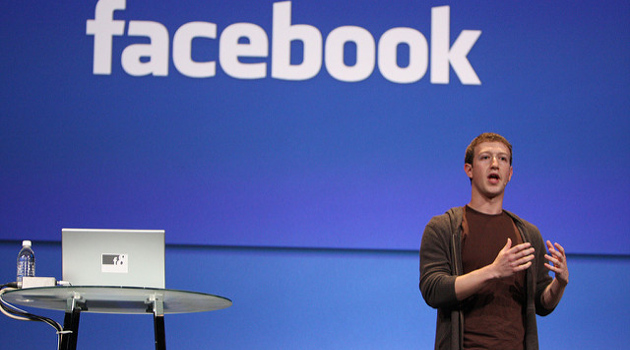Originally published by The Daily Caller on April 20, 2018.
Facebook CEO Mark Zuckerberg appeared contrite during two congressional hearings last week. Even his choice of a suit and tie, according to The New York Times fashion section, signaled a willingness to submit to the powers of Washington. Yet if this is true, it was done with the understanding that Facebook would ultimately benefit from whatever regulations Congress is likely to dream up.
Consider what is possibly the biggest takeaway from the hearing. Namely, that members of Congress have little understanding of how Facebook works and are, on average, borderline if not completely tech illiterate. Given the dearth of tech knowledge in Congress, it’s not hard to imagine who would really be writing any legislation aimed at more heavily regulating Facebook.
In this context, Zuckerberg’s openness to the “right regulation” is easy to understand. And for Facebook, nearly any regulation is the right regulation for at least two reasons.
First, regulatory compliance costs advantage bigger, more established firms over upstarts and smaller companies. Facebook can easily afford teams of compliance attorneys, while would-be competitors might be prevented from entering the sector due to excessive red tape.
Second, influencing the regulatory or lawmaking process is something Facebook can do but a smaller competitor likely cannot. Larger firms able to afford an army of lobbyists with access to the halls of power can influence rules, sometimes in subtle or hidden ways, to benefit themselves over competitors. The more involved government is in the details of a business or sector of the economy, the more this becomes a potential problem.
Essentially, Facebook is counting on any new regulatory regime to help cement its current market dominance.
An example of how government involvement would benefit the company can be seen in Facebook’s response to congressional concerns over user privacy. Faced with elected officials demanding action, it announced tighter controls on data to “help improve people’s privacy on Facebook.” Doing so also just happens to leave advertisers at the mercy of Facebook by eliminating third party data suppliers, which Morgan Stanley analysts predict will allow the company to net more ad dollars.
Now, it is giving all the appearance of sacrificing for the common good when the reality is that it stands to benefit from a more heavily regulated tech sector. Facebook is clearly not a company to let a good crisis go to waste, having used the threat of government involvement in the industry to advance their bottom line. And despite members of Congress running for the cameras to be seen on television during the hearings, not one mentioned the Facebook data power grab.
Members of Congress should carefully consider the costs of legislation aimed at social media, even if their intentions are good. A bit of self-reflection is in order regarding whether they really have the knowledge and expertise necessary to craft rules without significant unintended consequences, or can avoid playing into Facebook’s hand.
Consumers, likewise, should consider the power of market forces before demanding government intervention. Facebook’s business is selling access to its users. This is not inherently bad. Lots of advertising centric businesses operate ethically and provide great benefit to the public. That said, it’s best for any consumer to be mindful when they are also the product. Those most concerned with the use of their information might find that avoiding services unable or unwilling to provide adequate data safeguards, and thereby encouraging competition for a more privacy-motivated consumer market, to be a more effective solution than relying on Congressional octogenarians to police social media.

